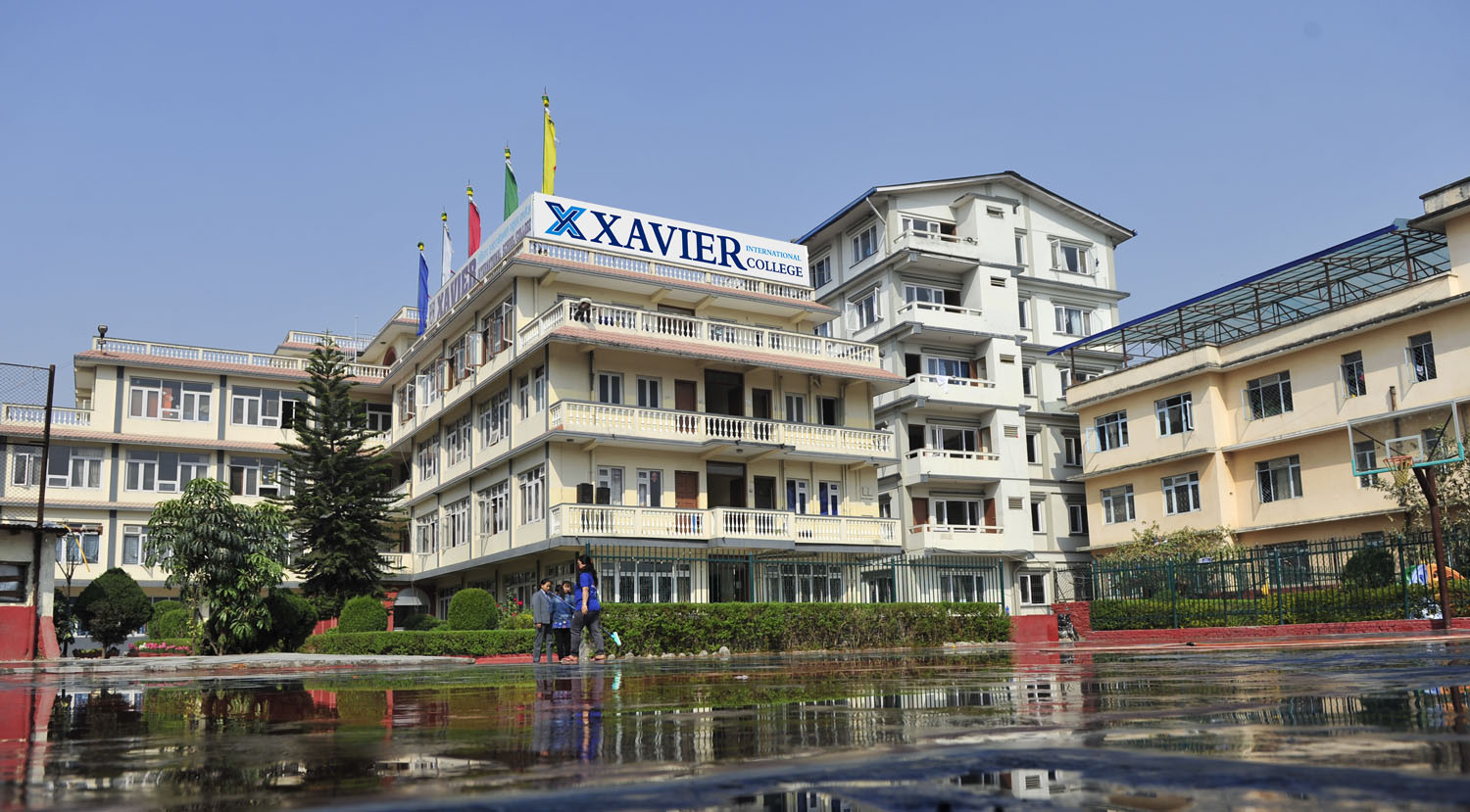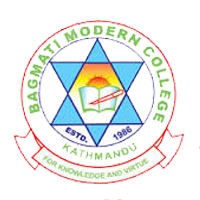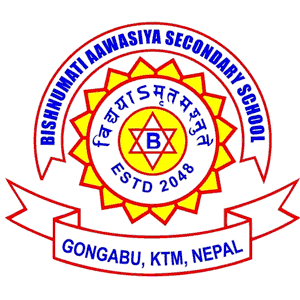Overview
Ten Plus Two (+2) Science at Xavier International College, Kathmandu
Ten Plus Two Science at Xavier International College gives you a structured two-year path toward medicine, engineering, IT, or laboratory sciences. The stream sits within Nepal’s national secondary framework and runs alongside the college’s bachelor and master offerings in Kathmandu, so you study in an academic setting that already expects disciplined classroom work, regular tests, and clear documentation.
Students follow the college’s conduct expectations—attendance, punctuality, active participation, and steady independent work—so day-to-day habits line up with board requirements and future university demands.

Highlights
level: National Examinations Board (NEB), Grade 11–12
setting: Kathmandu campus with access to counseling, library, computer labs, and meeting spaces for study and small-group work
student conduct: attendance and punctuality, uniform/ID, active class participation, independent work, and a culture of respect and maturity
admission steps: choose course → application form → entrance/placement where announced → interview (student with parent/guardian) → offer → enrollment; individual appointments through the Admissions Office are available
Curriculum details
Science at +2 balances compulsory papers with stream subjects. Students build a base in physics, chemistry, mathematics, and biology (or alternative combinations set by NEB for the intake), then add practical work, record-keeping, and periodic tests. The college’s routine of projects, report writing, and presentations appears across programs; those activities help you write neatly, label diagrams, and present concise findings—skills that translate directly to board practicals and viva voce.
Objectives
The stream aims to help you:
• build strong fundamentals in core sciences and mathematics
• practice safe experimental procedure and clear lab records
• connect theory with simple field or project observations
• prepare for entrance routes that follow Grade 12 (MBBS, engineering, pharmacy, IT, or science)
• develop steady study habits that fit university classrooms and labs
Scope
A science background keeps many doors open. Students move toward MBBS, dental science, pharmacy, nursing, biotechnology, engineering (civil, computer, electrical), computer science, data-oriented degrees, and environmental or life sciences. The stream’s emphasis on documentation and method supports application to both Nepalese and foreign universities, while the college environment provides counseling for higher studies and career planning.
Learning outcomes
Students learn to:
• solve structured problems that require formula use and unit tracking
• plan and conduct practicals, write observation tables, and produce clean diagrams
• interpret graphs and basic statistics in physics/chemistry labs and field tasks
• write short, accurate answers that match board marking schemes
• present two–three minute explanations with clear steps and results
Skill development modules
Weekly tasks include short practical write-ups, timed problem sets, and mini-presentations. Teachers set project studies, field notes, and reports to train you for longer exam questions. The college runs counseling for academic advancement and higher studies; students who need help with planning or personal issues can book sessions with trained counselors.
Teaching methodology
Faculty operate a developmental interactive approach. Teachers act as facilitators, maintain an even teacher–student ratio, and build sessions around targeted activities; that format encourages frequent questions and step-by-step reasoning during problem solving and practicals.
Admission requirements
Applicants submit SEE or equivalent records and complete the college process for placement. The office announces seat availability, forms, and interview schedules for the session, and arranges individual appointments for families who want to discuss subject sets or entrance timelines before enrollment.
Facilities that support Science learning
Students access computer labs and internet for assignments and analysis; a library for reading and reference; a conference/meeting hall for group work and research presentations; and statistical software for basic data analysis. A cafeteria operates on a non-profit basis for students.
Career opportunities
A +2 Science record links to undergraduate programs that lead into clinical practice, laboratory science, engineering services, software development, data analysis, environmental assessment, quality assurance, and research assistance. The breadth of outcomes depends on your Grade 12 results, entrance tests, and subject choices after +2.
Scholarships and financial aid
Scholarship categories are announced each intake. Awards typically consider academic performance and stream placement. Students should request the current list of categories, seat counts, and documentation from the Admissions Office during the application window.
Why choose this course?
You want a clear science path that trains method, writing, and exam discipline. The college’s habit of projects, reports, and presentations makes you practice the same skills assessed in practical exams and used in first-year university labs. Regular counseling and structured classroom routines keep the focus on steady progress rather than last-minute cramming.
Conclusion
Ten Plus Two Science at Xavier International College offers a focused two-year route into health sciences, engineering, IT, and environmental/life sciences. Short assignments, clean lab records, and regular interaction with teachers help you build the habits that board examiners and university lecturers expect. Families can plan timelines and documents with the Admissions Office before the session begins.



















